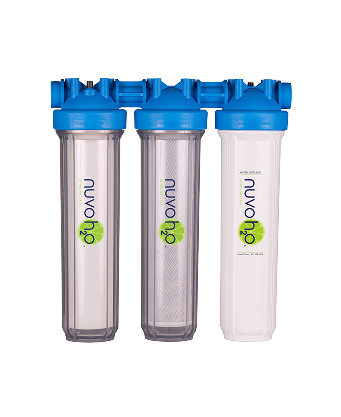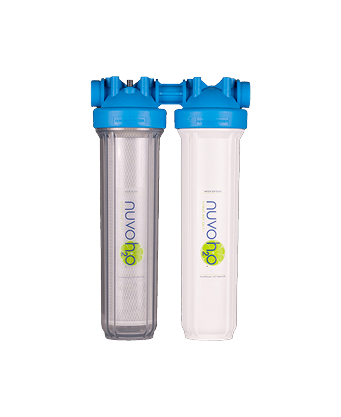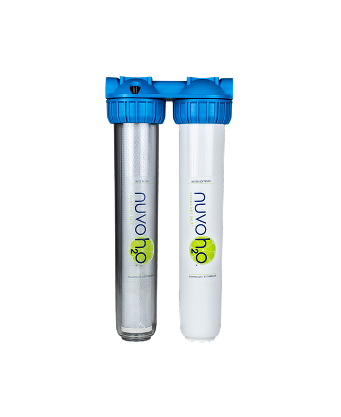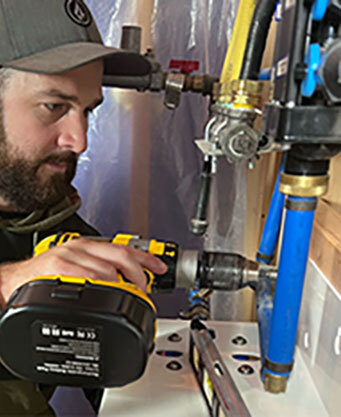
What Is Demineralized Water?
30th Jul 2025
You might’ve seen the term “demineralized water” on a bottle or heard someone mention it while talking about water purification. But what is demineralized water, really, and how is it different from distilled or softened water?
More importantly, is it something you need in your home?
In this guide, we’ll break it down: what demineralized water is, how it’s made, what it’s used for, and how it compares to other purified waters. Whether you're trying to protect your appliances, improve your drinking water, or just understand your options, we’ll answer all your questions.
Defining Demineralized Water
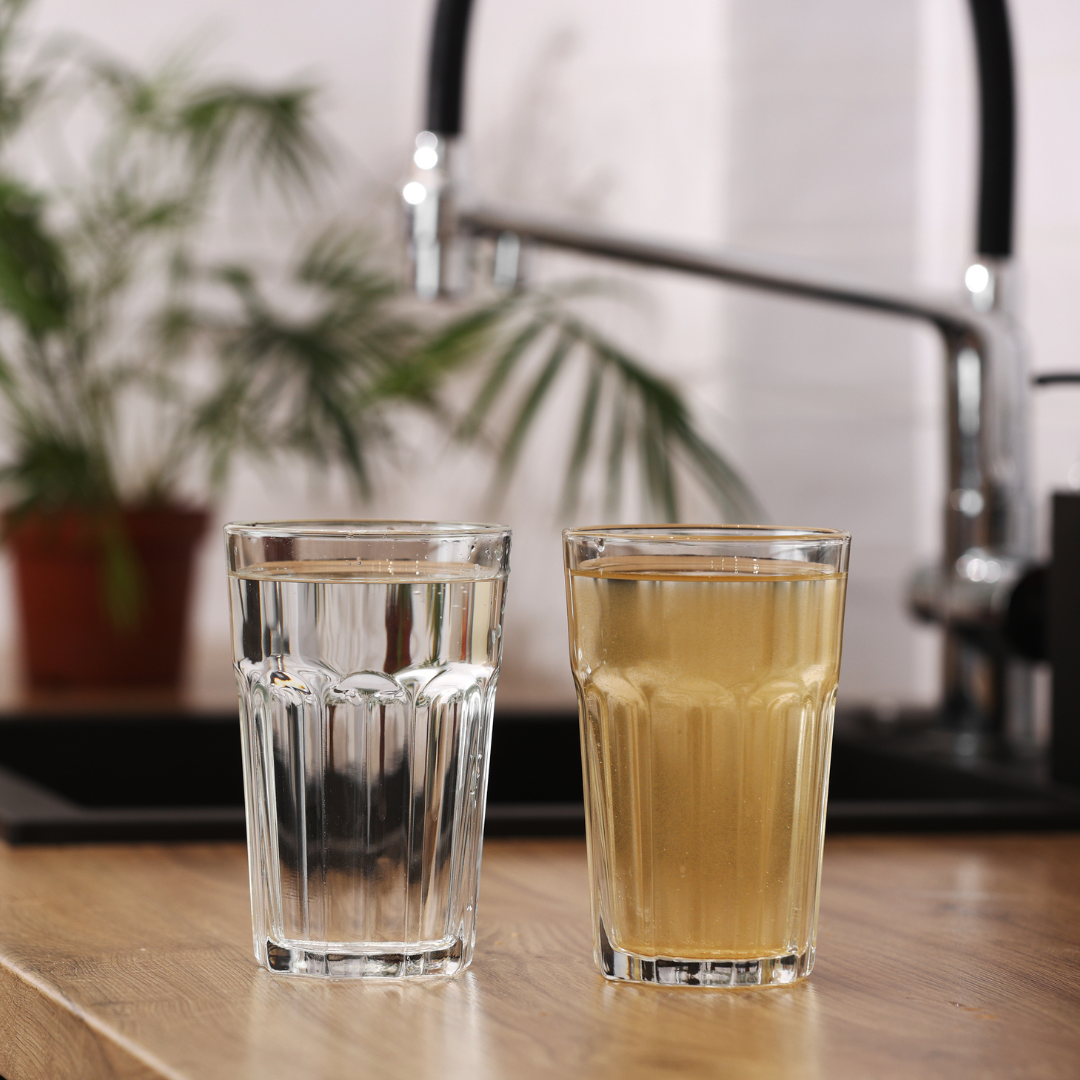
Demineralized water (sometimes spelled demineralised water) is water that has had most or all of its mineral content removed. That means stripping out natural dissolved minerals like calcium, magnesium, sodium, and chloride.
If you’ve ever dealt with hard water at home, you’re already familiar with some of these minerals. They’re the reason for limescale on faucets, spots on dishes, and dry skin after a shower.
Removing them through demineralization can result in water that’s ultra-clean and more versatile for everything from industrial machines to everyday household use.
Why Does Water Have Minerals to Begin With?
As water travels through soil, rock, and pipes, it picks up dissolved minerals, like calcium from limestone or iron from rusting pipes. These minerals contribute to what’s called Total Dissolved Solids (TDS).
High TDS often means hard water, which can damage plumbing, reduce the efficiency of appliances, and change how water tastes and feels. This is why demineralized water can be useful, especially in situations where mineral-free water is better for health, hygiene, or performance.
How Is Water Demineralized?

There are a few ways to demineralize water, each with its strengths and uses. Let’s take a look at the most common ones:
1. Reverse Osmosis (RO)
Reverse osmosis is one of the most popular ways to make demineralized water at home. It works by pushing water through a semi-permeable membrane, which traps minerals, salts, and impurities on one side, leaving clean, purified water on the other.
RO doesn’t just lower mineral content. It also reduces other contaminants like chlorine, lead, bacteria, and microplastics. It’s compact enough to install under your sink and is one of the best ways to make your water cleaner and better tasting.
2. Distillation
Are you wondering about the difference between demineralized water vs distilled water?
Here’s how distillation works: Water is boiled, steam is collected, and the steam is cooled back into liquid. Because minerals and contaminants are left behind during boiling, the resulting water is very pure.
That said, is distilled water the same as demineralised water? Not exactly. While both types of water have reduced mineral content, distilled water is usually more purified overall. It removes microbes and most impurities, though not all volatile chemicals unless paired with a carbon filter.
Distillation is great for labs or medical devices, but not as practical for daily home use due to its slow, energy-heavy process.
3. Deionization (DI)
Deionization is a more technical method that uses ion exchange resins to pull out charged particles (ions) from water, like calcium, magnesium, nitrate, or sulfate.DI systems are common in industrial or lab environments where ultra-pure water is required.
However, deionized water isn’t typically used for drinking because the process doesn’t remove bacteria or organic contaminants. Still, it's extremely effective for removing mineral ions, which makes it useful in some home appliances and cleaning systems.
Demineralized Water vs Distilled Water: What’s the Difference?
Let’s break it down simply:
|
Feature |
Demineralized Water |
Distilled Water |
|
Method |
Ion exchange or RO |
Boiling and condensing |
|
Removes |
Most dissolved minerals |
Minerals, bacteria, and many impurities |
|
Leaves Behind |
Some microbes or VOCs, unless filtered |
Some VOCs, unless carbon filtered |
|
Best Uses |
Appliances, labs, cleaning, and some drinking |
Medical use, humidifiers, and lab work |
|
Taste |
Flat or neutral |
Very flat, possibly bland |
So, is demineralized water the same as distilled water? No, but they serve similar purposes. Demineralized water removes minerals. Distilled water removes almost everything, including some harmful contaminants.
Is Demineralized Water Safe to Drink?
Yes. Demineralized water is safe to drink, though it might taste different from mineral-rich tap water or spring water. There’s a common myth that drinking demineralized water is harmful, but most essential nutrients come from your food, not your water.
That said, for daily hydration, many people prefer lightly filtered water that keeps some beneficial minerals. If your goal is cleaner water without going completely mineral-free, systems like NuvoH2O’s whole home solutions are a great middle ground.
What Is Demineralized Water Used For?
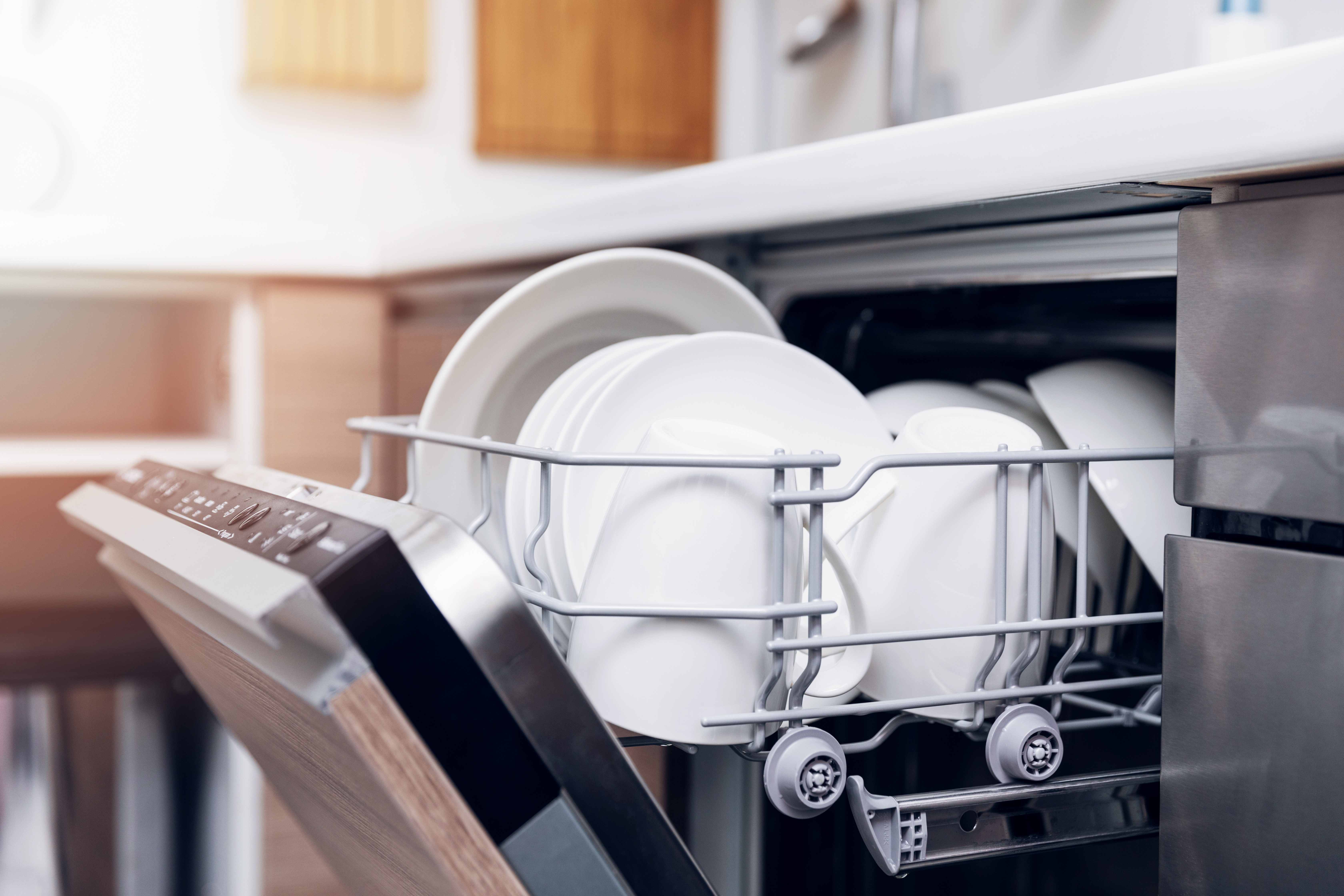
Demineralized water is used in both homes and industries for its purity and low mineral content.
In Homes
- Protecting appliances: Reduces scale buildup in coffee makers, humidifiers, and ice machines
- Better cleaning: Prevents white spots on dishes and surfaces
- CPAP machines or irons: Keep equipment functioning without buildup
- Drinking (with proper filtration): Some homeowners use it for ultra-pure water
In Industry
- Boiler feed water: Prevents damage from mineral scaling
- Lab testing: Ensures purity for accurate results
- Pharmaceuticals & cosmetics: Maintains strict hygiene and consistency
- Microelectronics: Keeps tiny components clean and uncontaminated
Should You Use Demineralized Water at Home?
It depends on your water quality and needs. If you’re dealing with:
- Limescale on fixtures
- Clogged appliances
- Dry skin or brittle hair
- Off-tasting water
Then, removing certain minerals with reverse osmosis or a NuvoH2O salt-free water softener might be a smart move.
NuvoH2O’s systems help reduce scale, protect appliances, and provide cleaner, healthier water, all without relying on salt or stripping away everything your body needs. You get the benefits of demineralization where it counts, without overdoing it.
Wrapping Up
To wrap up the question, ” What is demineralized water?” Well, as we’ve learned, it’s water that’s been stripped of its natural minerals, usually to solve a problem, protect equipment, or deliver purer hydration. While it’s not exactly the same as distilled water, both serve similar purposes depending on how pure you want your water to be.
If your water tastes off, leaves residue, or causes issues around the house, it might be time to look into a system that helps reduce or remove minerals. Whether you choose reverse osmosis, a NuvoH2O water softener, or a combination of both, the goal is simple: better water for a better home.

